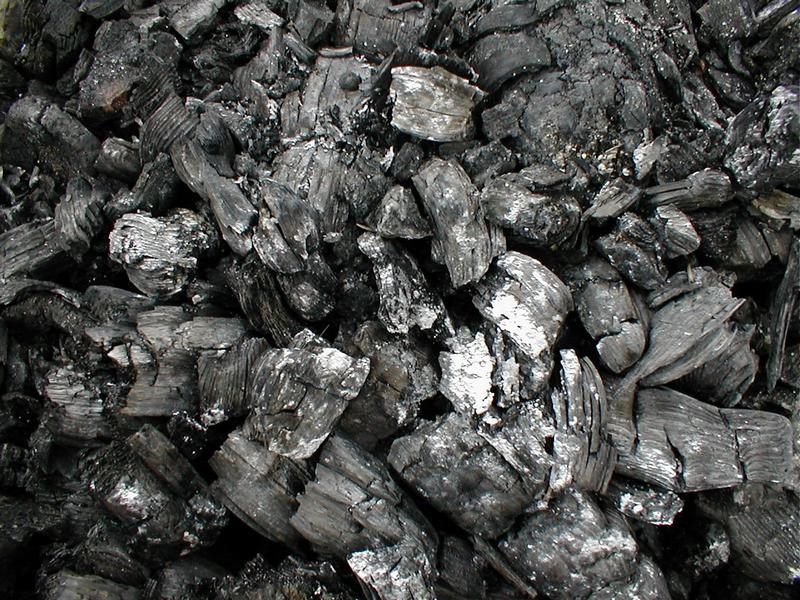
The U.S. transition to a low-carbon economy will hit coal country harder than anywhere else in the nation and the needs of these communities need to be acknowledged in efforts to address climate change, according to a group of experts presenting during an Environmental and Energy Study Institute webinar Tuesday.
“Can coal country thrive in a clean-energy economy? Yes. The multiple benefits of energy efficacy and renewable energy can make for a just and sustainable transition in the region,” said Hannah Vargason, business development and energy project manager at The Conservation Fund.
That is not to say the transition will be easy. Communities that have long relied on coal face many difficulties, both direct and indirect, due to the nation’s shift from the fuel. First, there is the obvious loss of jobs in the industry itself. The impact goes far beyond the mine or plant, however, into the community: local businesses shut down as their customers no longer have the funds to support them; tax bases shrink, impacting schools, infrastructure, and municipal services.
“Of course, we have to consider the compounding social effect of poverty and health disparity which has plagued many of these places for generations,” said Brett Schwartz, program manager for the National Association of Development Organizations Research Foundation. “Something less tangible, but no less important, is the impact on community pride that comes with the declines of coal.”
While a transition to a clean energy system in itself appears daunting for coal communities, the effects of not making such a transition are also formidable. “Rural communities, which include those in coal country, will be disproportionately impacted by climate change,” according to Tara Ritter, program associate for climate and rural communities with the Institute for Agriculture and Trade Policy.
Rural communities that depend on natural resources will be hard hit by extreme weather events, Ritter explained. The hotter summers and colder winters that climate change threatens would also impact pocketbooks in coal country to a greater degree. “Rural housing stock is older and less energy efficient on average, so rural residents tend to spend larger percentages of their income on energy. That will only be exacerbated as heating and cooling needs are even greater.”
Clearly, coal country is between a rock and hard place when it comes to acting on climate change. But while coal jobs are being lost, new jobs are being created in energy efficiency and renewables. “When a coal miner loses his or her jobs, he or she doesn’t also lose the skills they’ve developed over the years, they bring with them an opportunity for retraining in new industries and sectors,” Schwartz said
Unfortunately, these new jobs are not always ideal for displaced workers. “This isn’t just about jobs. This is about indemnity because these … new jobs may require moving outside of the community, or are very different jobs. Are they the same type of jobs? Are they as stable in terms of benefits? You know these are good union jobs for a lot of people and so it is quite a challenge and requires action on multiple fronts,” said EESI policy associate Jessie Stolark.
There are programs available to help communities affected by the nation’s transition from coal, such as the Obama administration’s recently developed POWER+ Plan, which the White House says “provides dedicated new resources for economic diversification, job creation, job training and other employment services for workers and communities impacted by layoffs at coal mines and coal-fired power plants.”
Diversification is key in these communities, Schwartz said. “It’s the responsible thing to do, adding more tools to your region’s economic development toolbox can only serve to strengthen your local economy and improve the quality of like for this and future generations.”